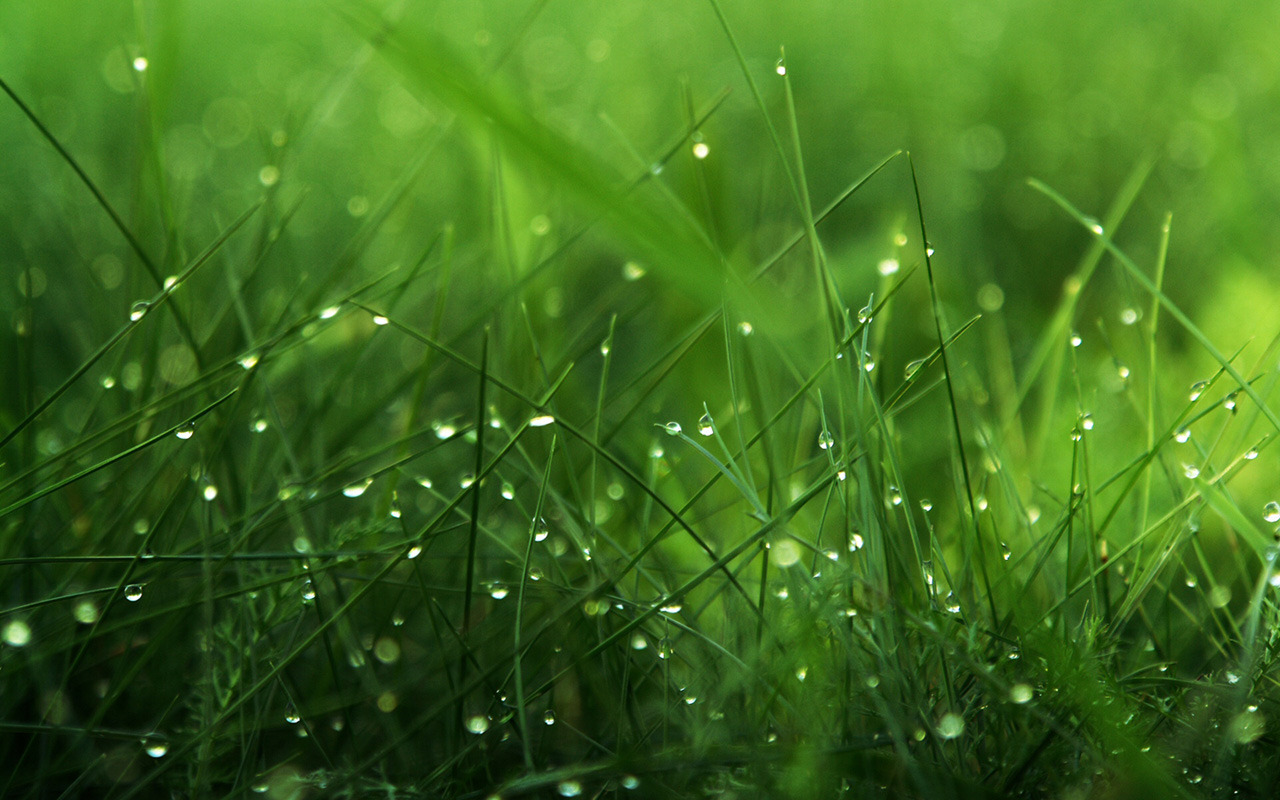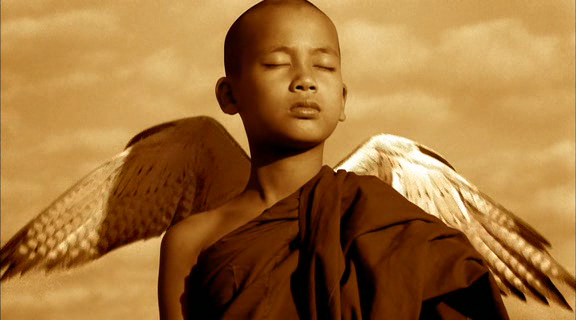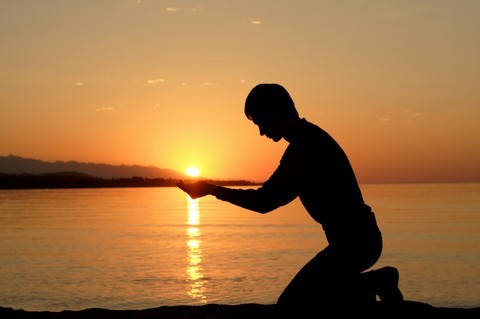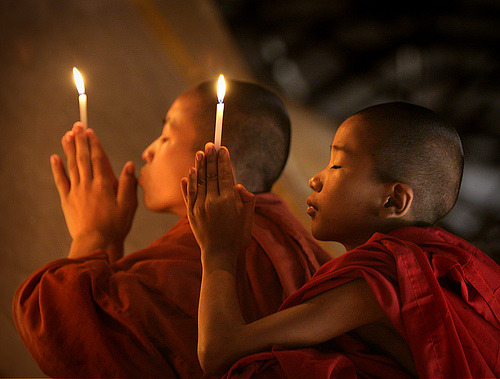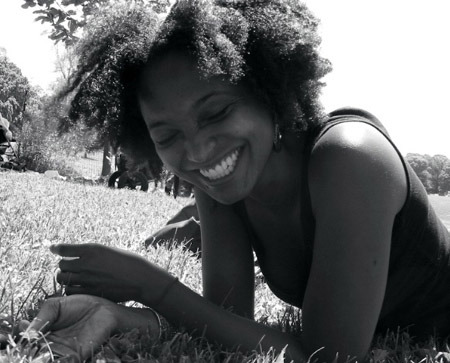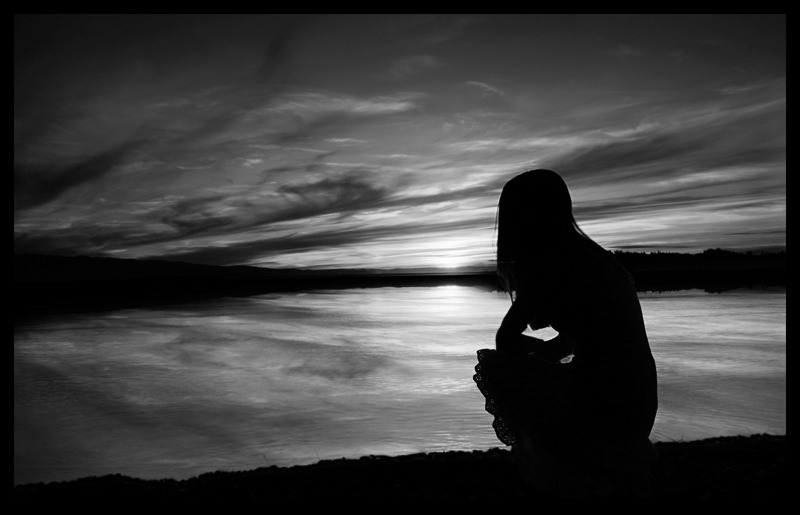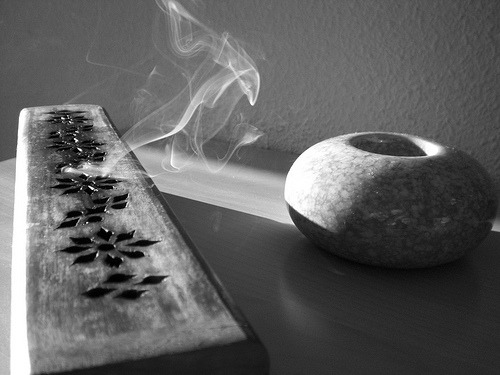
One day the Zen monk Rinzai is speaking in a temple. He has gone into a sermon, but someone is disturbing him there. So Rinzai stops and asks, “What is the matter?” The man stands up and says, “What is soul?” Rinzai takes his staff and asks the people to give him the way. The man begins to tremble. He never expected that such will be the answer.
Rinzai comes to him, takes hold of his neck with both hands and presses it. His eyes come out. He goes on pressing and asks, “Who are you? Close your eyes.” The man closes his eyes. Rinzai goes on asking, “Who are you?” The man opens his eyes and laughs and bows down. He says, “I know you have really answered ‘what is soul’.”
Such a simple device! But the man was ready. Someone asks Rinzai, “Would you do the same thing when anybody asks?” He says, ”That man was ready. He was not just asking for the question’s sake. He was ready. The first part was fulfilled. He was really asking. This was a life and death question to him: ‘What is soul?’ The first part was fulfilled completely. He was disillusioned completely with life, and he was asking, ‘What is soul?’ This life has proved just a death to him. Now he is asking, ‘What is life?’ So no answer from me would have been meaningful. I helped him to just stand still in the present.”
Of course, when someone presses your neck just on the verge of killing you, you cannot be in the future, you cannot be in the past. You will be here and now. It is dangerous to miss the moment. I just say to such a man, “Go deep and know who you are.” The man becomes transformed. He goes into samadhi. He stands still in the moment. If you are in the present even for a single moment, you have known, you have encountered, and you will never be able to lose the track again.
A Zen Story
